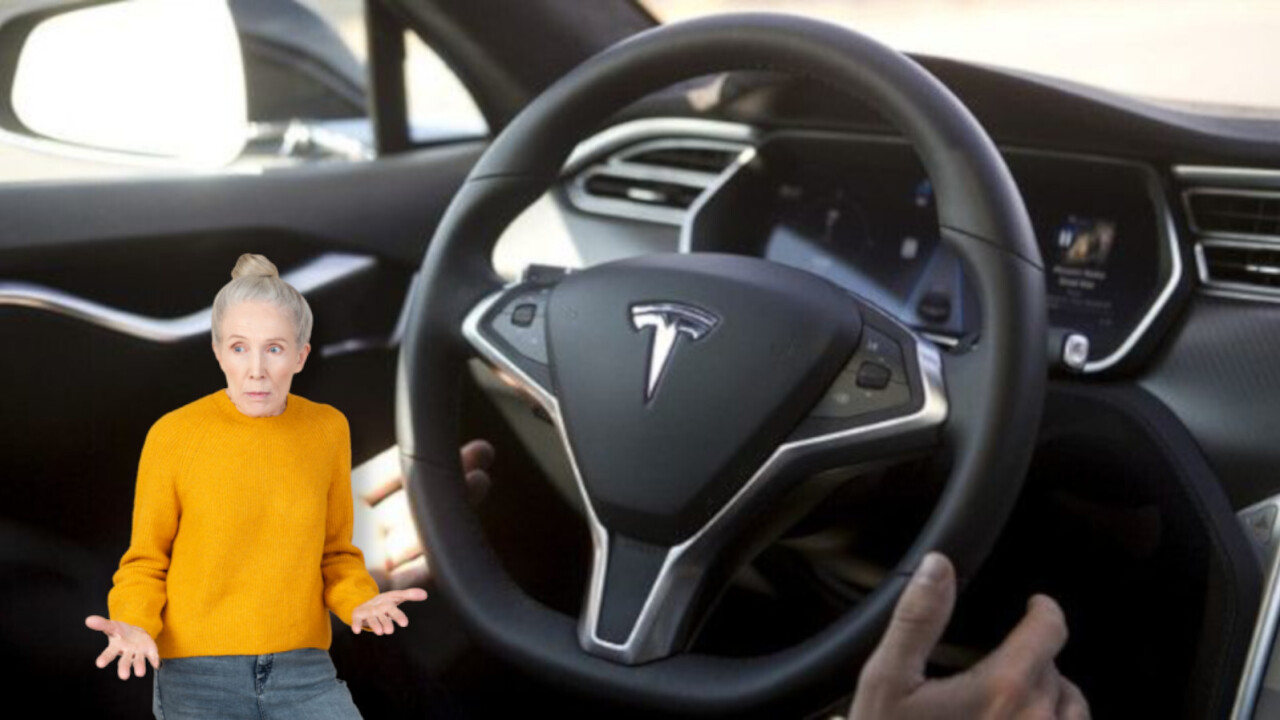
Due to supply chain constraints caused by the COVID-19 (Coronavirus), Tesla installed older, slower processors in its new cars made in China.
Owners of new Model 3s in China reportedly complained to the EV maker when they found out their vehicles had an old, less capable component, according to the BBC.
[Read: Tesla finally returns Autopilot to second-hand Model S owner]
The most up to date Model 3s use the 3.0 Tesla chip, but the supply constraints have forced Tesla to install the 2.5 chip. These processors are used in the car’s Autopilot system, and have been since last April.
Hopefully, the downgrade won’t affect user experience, but it should be noted that the 3.0 chip processes images 21 times faster than the outgoing component. The older chip undoubtedly doesn’t live up to Tesla’s latest claims of Autopilot’s capabilities.
It’s not been mentioned how many cars have been affected by the downgrade, but Tesla said that it would upgrade hardware for free when supply returns.
Tesla’s factory in Shanghai closed briefly at the end of January as a result of the Coronavirus. By February 10, it reopened and resumed operations, but the knock-on supply chain impact remained.
Musk’s EV brand has previously been blighted by supply issues when launching new vehicles. It seems in this instance it was more keen on getting out cars than keeping them up to the latest specification.
Get the TNW newsletter
Get the most important tech news in your inbox each week.





